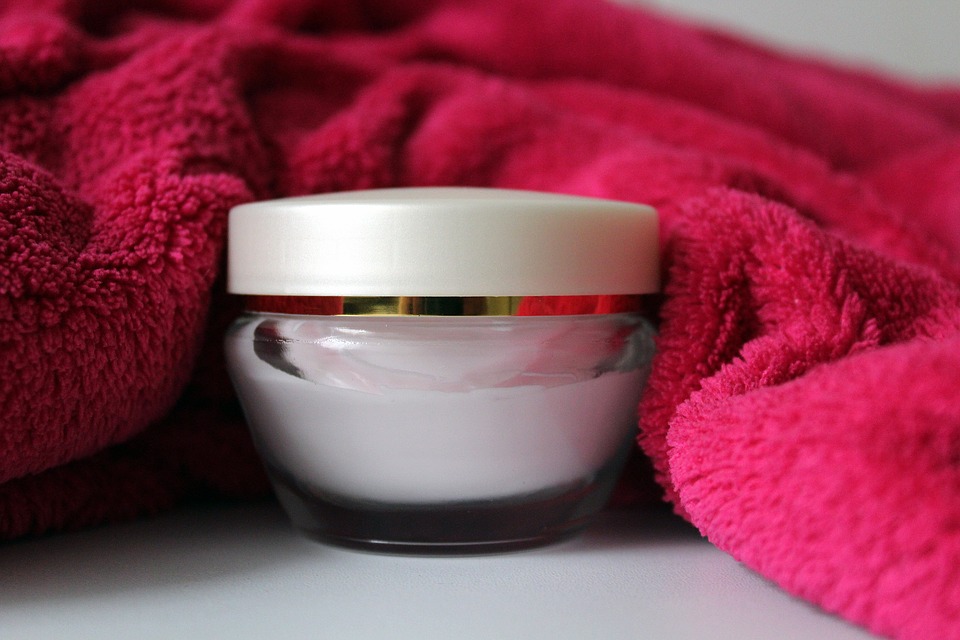Current research suggests that Probiotics for Skin may provide a wealth of benefits. Probiotics are substances that stimulate the growth of microorganisms in the body, specifically in the digestive tract. These microorganisms, or microbiota, are crucial to a healthy immune system as the gut wall contains approximately 70% of all the cells that make up a body’s immune system. These microbiota, or bacteria, are considered both “good” (beneficial) and “bad” (disease-causing). The trick to a healthy immune system is maintaining a healthy balance of these bacteria, in other words, more good than bad. Probiotics, like other good bacteria, work with the immune system to both identify and combat pathogens, or bad bacteria, when detected in the digestive tract.
The skin plays a vital role in the overall health and proper functioning of the immune system. It not only serves as an external barrier for toxins entering the body, but also aids in excretion, insulation and regulation of body temperature. It is not surprising, then, that probiotics have proven helpful for the skin, not just cosmetically, but for certain skin afflictions or disorders. Among the elements in probiotics that can improve the health of the skin are: diacetyl lipoteichoic acid, lactic acid, hyaluronic acid and acetic acid. These, and other components of probiotics, may improve the overall appearance of the skin by moisturizing, preventing wrinkles, and bolstering overall immune health by strengthening the skin barrier.
Some Probiotics for Skin contain elements called streptococcus thermophiles. These serve to keep skin hydrated, thus maintaining, or improving, its moisture content. Because probiotics flush out toxins and free radicals that damage skin, they may help to reduce signs of aging, such as wrinkling and loss of elasticity. Also, probiotics can keep toxins in the external environment out of the body by strengthening the skin barrier.
Probiotics, both in topical supplement and food form, have been touted as successful in treating a variety of skin conditions, e.g., acne, rosacea and eczema. In the case of these skin conditions, a perceived invasion of bacteria in the immune system triggers a response that results in the form of red bumps or discoloration, patchy spots, and inflammation. A topically applied probiotic forms a protective shield against this immune response. Many cosmetic manufacturers are enhancing their beauty products with probiotics that aid in improving these chronic skin conditions. They can be found in creams, lotions, soaps, cleansers, peels and masks. Foods that contain live cultures, or have been fermented, are a good source for naturally occurring probiotics: yogurt, sauerkraut, natto, kefir, and kimchi.
While certain uses of probiotics may have its detractors, research into them is worth pursuing for their potential benefits. It is safe to say that so much of overall health depends on a healthy immune system. Since there is a clear connection between gut health and probiotics, investigation and research will hopefully continue.








